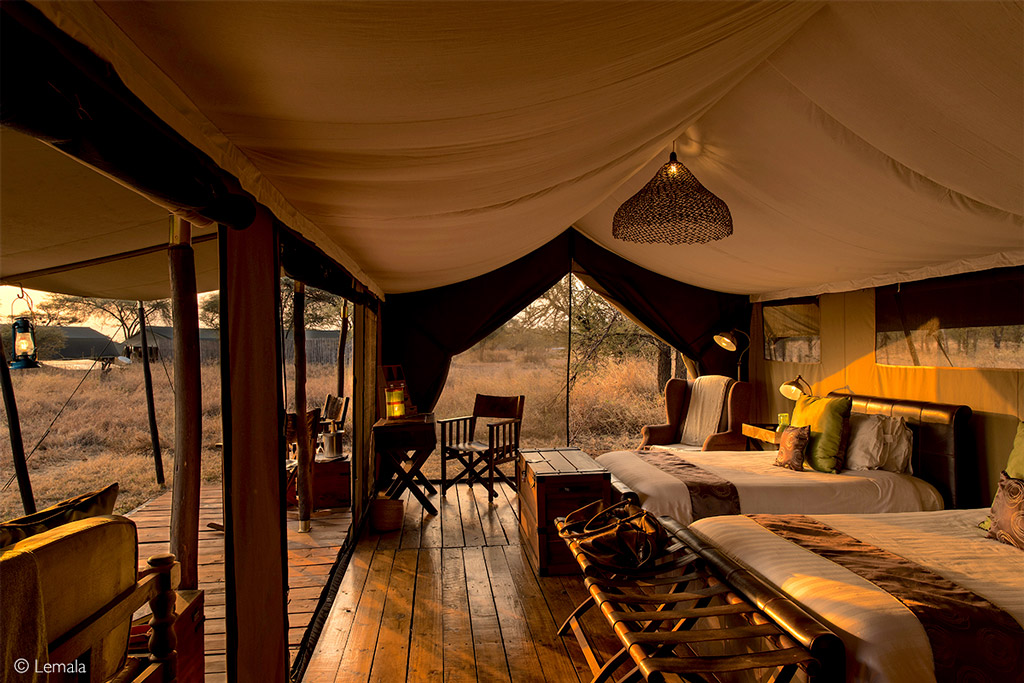
This is a copy of our weekly email newsletter. Subscribe here to receive the newsletter.
Habituating leopards + vibrant Majete + Big-5 safari heaven
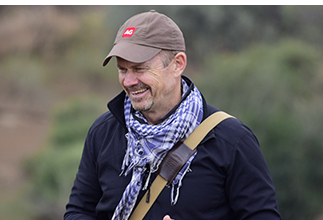
I have just arrived at Tsavo East National Park in Kenya – my first stop on an epic safari planned by teamAG
We head out soon to spend precious time with those giant dignified tuskers that define this area and perhaps even catch a glimpse of hirola – the world’s rarest antelope! I will be accompanying a biodiversity patrol for a few days – to appreciate the work that goes into keeping Tsavo safe. After that, I journey to the coastal forest of Arabuko Sokoke to learn about the work being done to preserve this precious place – and to track down Sokoke scops owl, golden-rumped sengi and other delights. And finally, my safari heads off to the Maasai Mara to join clients on a photographic safari. We will use a modified photography vehicle, and off-road driving permits only issued to approved guides who drive responsibly. That’s three stories you can look forward to 🙂
FOMO? Perhaps it’s time to contact us to start planning your next safari. You can do that by replying to this newsletter or emailing our team at travel@africageographic.com – let them know your wishlist. First, check out our packages here (website) and here (app). Safari njema!
Keep the passion

Simon Espley – CEO, Africa Geographic
From our Editor – Taryn van Jaarsveld
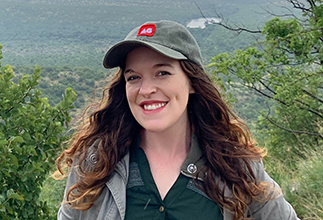
A few weeks ago, we ran a balanced and heartfelt reflection on famous Sabi Sands leopard Hosana’s untimely death. The ensuing discussion on our story continued for weeks, as interested parties weighed in on our platforms. What became clear was that a slew of issues required consideration and investigation.
This week Jamie and co-author Maxine Gaines – who both hold deep connections to Hosana and Sabi Sand Game Reserve – have, after thorough research and enquiry, penned an exceptional and exhaustive analysis on leopard habituation and the ethics of tourism surrounding leopards. The story below is available exclusively on our app for the next few days, where you can join the discussion with the AG tribe. Get the app to view – it’s free.
Malawi’s Majete Wildlife Reserve has all the makings of a coveted safari destination. This realm of towering granite hills, grassy plains, abundant wildlife and the mighty Shire River has seen droves of tourists returning to experience a vibrant and thriving wilderness. Read our guide on this reserve, and on how to visit it, in our second story below.
Happy celebrating Africa to you all!

From our Scientific Editor – Jamie Paterson
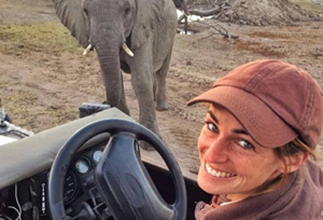
Almost exactly seven years ago, I first set foot in the Sabi Sand Game Reserve, bursting with excitement and somewhat wide-eyed at the position I had found myself in. Would that I could travel back in time – what words of frail wisdom would I impart? (I have some ideas, though not all are relevant to the topic at hand.)
Did you know that the habituation of leopards (and many other species), has contributed enormously to our scientific knowledge of these beautiful, cryptic animals? Our first story of the week, written by myself and my friend Maxine Gaines, is the culmination of months of work and careful consideration. It tells the story of leopards we have known, their habituation to people and the ethos of the industry we both understand well. Its messages are borne from the heart, and we sincerely hope they are received in the spirit in which they were intended.
Conservation today is a tangled web of complex challenges, each strand convoluted and inextricably linked to several others. It is often much easier to villainise and rail against the “bad guys” (and tar others with the same brush) than to face the fact that silver bullet solutions are few and far between.
Somehow taking a middle ground has become the new extremism, attracting ire and condemnation. But I still believe in honesty and transparency and hope our story below reflects that.

Story 1
https://africageographic.com/stories/habituating-leopards/
HABITUATING LEOPARDS
Following the death of leopard Hosana, Jamie Paterson & Maxine Gaines take an in-depth look at leopard habituation & tourism ethics
Story 2
https://africageographic.com/stories/majete-wildlife-reserve/
EPIC MAJETE
Malawi’s Majete Wildlife Reserve is a booming Big-5 destination. Epic scenery, cheetahs & wild dogs, & the Shire River await
 TRAVEL DESK UPDATES:
TRAVEL DESK UPDATES:
Our CEO’S choice is one for the experienced safari-goer seeking the ultimate experience (and images) of raw Africa at her best. Join popular photographer guide Villiers Steyn and experienced local guides in Chitake, Mana Pools, Zimbabwe. Four places left.
JUST DO IT! For the pursuit of culinary delights and Big-5 safari heaven, there is this: Bush & beach, Pinotage to predators – South Africa – 12 days. You know you want to
Find other ready-made packages or even design your own safari. It’s easy: login to our app, tap/click the ‘Travel with us’ tab, and select either ‘packages’ or ‘lodges’. You can filter your choice by place and other important choices (such as lodges in non-malaria areas or packages that include the Big 5). You can add your selection of lodges and packages to your wishlist – which will remain saved until you choose to edit or delete.
You can help desert lions
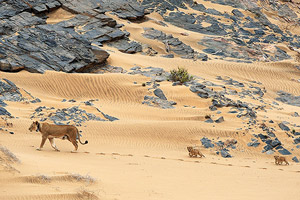 Did you know that the AG app hosts a hand-picked selection of trusted conservation and community projects that are of real benefit to Africa’s people, ecosystems and wildlife? This empowers the AG tribe to offer support & donate to projects that make a difference.
Did you know that the AG app hosts a hand-picked selection of trusted conservation and community projects that are of real benefit to Africa’s people, ecosystems and wildlife? This empowers the AG tribe to offer support & donate to projects that make a difference.
We’ve just added Desert Lion Conservation Trust to our list of conservation projects. The trust has been collecting data on the desert-adapted lion population and studying their behaviour, biology and ability to adapt to the harsh desert environment. Their work is mitigating threats and providing much-needed help to these magnificent and resilient lions. See how you can help.
 WATCH: Lemurs get high | We know many animals self-medicate. Check out these lemurs chewing on toxic millipedes and spreading them on their bodies – seemingly as an insect repellent – while becoming intoxicated in the process (02:40). Click here to watch
WATCH: Lemurs get high | We know many animals self-medicate. Check out these lemurs chewing on toxic millipedes and spreading them on their bodies – seemingly as an insect repellent – while becoming intoxicated in the process (02:40). Click here to watch
To comment on this story: Login (or sign up) to our app here - it's a troll-free safe place 🙂.![]()








